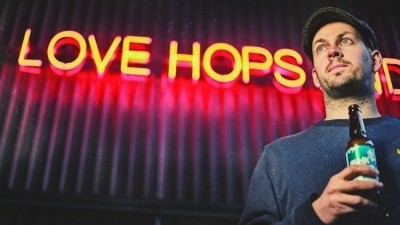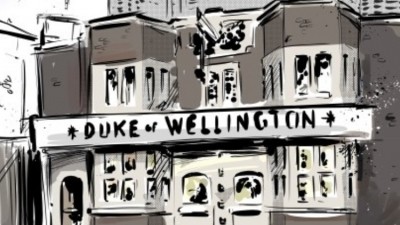LICENSING HUB - LEGAL WITH POPPLESTON ALLEN
Are licensees responsible for drink-driving customers?

Are your customers drinking or driving this summer?
In welcome news for the trade – and the country as a whole – the Met Office has recently spoken out over reports the UK is braced for a heatwave later this summer.
Talk of ‘African plumes’ sweeping across the UK is music to the ears of us Brits because we are always eager to celebrate when the sun is shining. And it goes almost without saying, this is particularly good news for operators with beer gardens or outside spaces who can accommodate drinkers on those lazy days and balmy evenings.
While this should be great for business, it also brings with it the concern more people may be tempted to drink and drive.
Are licensees responsible for drink-driving customers?
The issue of ‘responsibility’ is an interesting one. Could a member of bar staff, a designated premises supervisor, the licensee or owner be held responsible for a customer’s decision to get behind the wheel if they are over the limit?
Several years ago, there was a case of a drink-driver being involved in a crash, where both he and the female driver of another vehicle, very sadly, died.
The drink-driver’s estate paid €275,000 in compensation to the family of the female driver and then tried to recover some of this money from the owners of the bar where the man had been drinking. This legal action was based on the bar’s ‘duty of care’.
However, no liability was found. The judge in the Irish High Court said at the time: “The duty of care being suggested could include an obligation on publicans to restrain, assault or even imprison those they believe to be unfit to drive. That would result in publicans committing a criminal act and is not something that any court could contemplate.”
A common sense and practical approach are always best
No matter how socially unacceptable and dangerous it is, if one of your customers decides to drink and drive, it is their personal responsibility. However, as a licensee, you do have a responsibility to encourage responsible alcohol consumption on your premises.
We all know it is an offence to sell alcohol to a person who is already drunk. And you can also refuse entry to your premises to a drunk person.
More generally, you must, at all times, promote the licensing objectives of public safety and the prevention of crime and disorder.
But there are some measures you can introduce to try to avoid being in the position where a customer who has had too much to drink will want, or even attempt, to drive home.
Vigilance is a practical way to help reduce the drink-driving risk. So, it might be wise to remind your staff to keep an eye out for groups of people and to try to establish if someone in the group is a ‘designated driver’.
It might be helpful to increase the general awareness of your non or low alcohol drinks offers. There has certainly been an increase in the number of alcohol-free or low alcohol drinks options available. In fact, I was in three different pubs over the past weekend and all of them offered a good range of low alcohol bottled beers. And two of them had low alcohol lager on draught.
Moving away from the actual consumption of alcohol, it is always good practice to ensure you have some measures in place so that you can offer your customers an alternative to driving home at the end of the evening.
These measures could include ensuring you have telephone numbers of local taxi firms available, and offering to call your customer a taxi if they need one. One pub I visited in York had local bus timetables printed and displayed next to the bar should anyone want to get home using public transport.
And confirming you are happy for customers to leave their cars in your car park, at their own risk of course, might encourage people to find alternative ways to get home.
• Carl Weston is head of marketing and partner (non-solicitor) at Poppleston Allen







